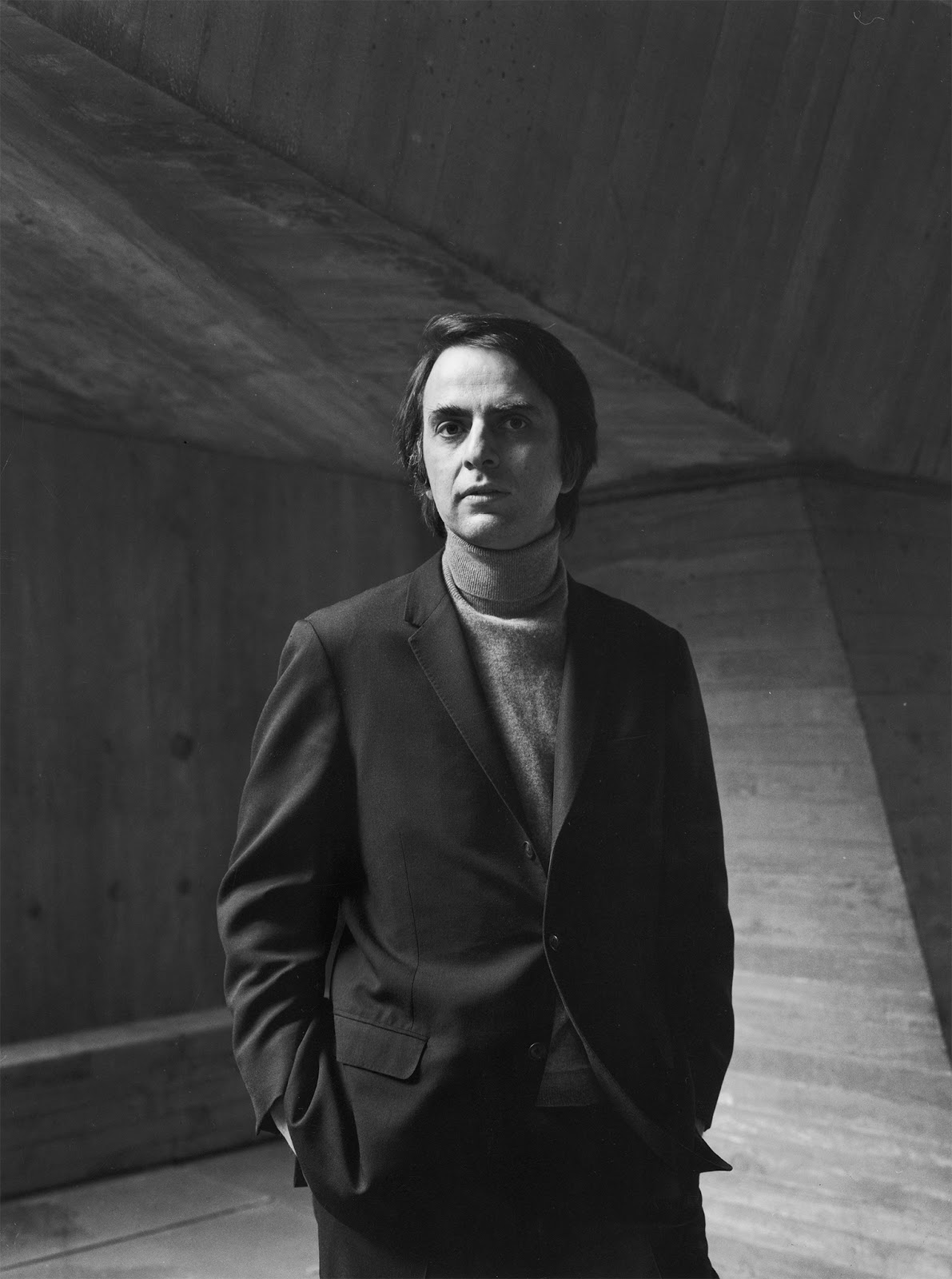Carl Sagan: The Man Who Taught Us To Wonder
Carl Sagan was not just an astronomer; he was a visionary who inspired millions to look up at the stars and ponder the universe's mysteries. His ability to communicate complex scientific concepts in a way that was accessible to everyone made him a beloved figure in both the scientific community and popular culture. From his groundbreaking work in planetary science to his influential role in the search for extraterrestrial intelligence, Sagan's contributions to science and society are immeasurable. In this article, we will delve into the life and legacy of Carl Sagan, exploring his achievements, philosophy, and ongoing influence.
Throughout his career, Sagan emphasized the importance of critical thinking and skepticism, urging us to question our assumptions and embrace the scientific method. He believed that understanding the cosmos could lead to a deeper appreciation of our place in the universe. His passion for science fiction and communication helped bridge the gap between academia and the public, making science more relatable and engaging. This article aims to provide a comprehensive overview of Carl Sagan's life, work, and lasting impact.
As we explore Sagan's biography, his scientific contributions, and his influence on popular culture, we will also examine how his ideas continue to resonate today. Whether you are a long-time admirer or new to his work, this article will provide valuable insights into the life of one of the most influential scientists of our time.
Table of Contents
- Biography of Carl Sagan
- Early Life and Education
- Scientific Contributions
- Popular Science and Communication
- Cosmos: A Personal Journey
- The Search for Extraterrestrial Life
- Legacy and Influence
- Conclusion
Biography of Carl Sagan
Carl Sagan was born on November 9, 1934, in Brooklyn, New York. He displayed an early interest in science and astronomy, often reading books from the local library. Sagan earned his bachelor’s degree in physics from the University of Chicago, where he later completed his master’s and Ph.D. in astronomy and astrophysics. His career was marked by significant scientific contributions, particularly in the fields of planetary science and the popularization of science.
Personal Data and Biodata
| Date of Birth | November 9, 1934 |
|---|---|
| Place of Birth | Brooklyn, New York, USA |
| Field of Study | Astronomy, Astrophysics, Science Communication |
| Notable Work | Cosmos: A Personal Journey, Contact |
| Date of Death | December 20, 1996 |
Early Life and Education
Carl Sagan's fascination with the stars began at an early age. Growing up in a Jewish family during the Great Depression, he often visited the local planetarium, which fueled his passion for astronomy. Sagan attended the University of Chicago, where he was introduced to the leading scientific minds of his time, including Enrico Fermi and Subrahmanyan Chandrasekhar. His education laid the foundation for his future contributions to science.
Scientific Contributions
Sagan's scientific work spanned various fields, including planetary science, exobiology, and climate science. He played a crucial role in several NASA missions, including the Mariner, Viking, Voyager, and Galileo missions. His research focused on understanding the atmospheres of planets and the potential for life beyond Earth.
Key Discoveries
- Investigated the greenhouse effect on Venus, contributing to our understanding of climate change.
- Studied the seasonal changes on Mars, providing insights into the planet's climate.
- Contributed to the Golden Record, which was sent aboard the Voyager spacecraft to communicate with potential extraterrestrial civilizations.
Popular Science and Communication
Carl Sagan was a master communicator who believed in the importance of making science accessible to the general public. He authored several popular science books, including "The Cosmos," "Pale Blue Dot," and "The Demon-Haunted World," which emphasized critical thinking and skepticism. Sagan's ability to convey complex ideas in simple language helped foster a love for science among millions.
Cosmos: A Personal Journey
One of Sagan's most significant contributions to popular science was the television series "Cosmos: A Personal Journey," which aired in 1980. The series captivated audiences with its stunning visuals and engaging storytelling, bringing the wonders of the universe into living rooms across America. It remains one of the most-watched documentary series in history and has inspired subsequent generations of scientists and science enthusiasts.
The Search for Extraterrestrial Life
Sagan was a passionate advocate for the search for extraterrestrial intelligence (SETI). He believed that the universe is vast and that the possibility of life beyond Earth is a question worth pursuing. His work in this field included developing the SETI program and writing the novel "Contact," which explores the implications of discovering intelligent life beyond our planet.
Legacy and Influence
Carl Sagan's legacy continues to influence science, education, and popular culture. His emphasis on scientific literacy and critical thinking is more relevant today than ever, as society faces complex challenges related to science and technology. Sagan's work has inspired countless individuals to pursue careers in science and has fostered a sense of wonder about the universe.
Conclusion
Carl Sagan was a remarkable figure whose contributions to science and society are immeasurable. His ability to communicate the wonders of the universe and inspire curiosity in others has left a lasting impact. As we reflect on his life and work, let us continue to embrace the spirit of inquiry and wonder that Sagan championed. If you enjoyed this article or have thoughts to share, please leave a comment below, share this article, or explore more content on our site.
Thank you for joining us on this journey through the life of Carl Sagan. We hope you found it enlightening and inspiring, and we invite you to return for more engaging content about the wonders of science and the universe.
Elon Musk's Children: A Comprehensive Overview
Bette Davis: A Legend Of Hollywood's Golden Age
Andrew Tate And Lori Harvey: A Deep Dive Into Their Lives And Connection


